The current and developing COVID-19 pandemic has caused society to shift and adapt to a new way of life in order to minimise the risk of spreading the virus and flatten the curve. This has resulted in increasing restrictions on each member of society, including requirements of social distancing and self-isolation obligations.
The implications arising from these current and developing requirements can be felt throughout the economy and will undoubtedly change many aspects of our day-to-day lives moving forward.
In times of social distance, it is important to consider how this may impact upon physically witnessing and/or attesting affidavits, wills, power of attorneys and other legal documents.
This article explores the current position and requirements for electronic signing and witnessing documents. This is a constantly evolving area and represents the current position as at 29 April 2020.
COVID-19 Legislation Amendment (Emergency Measures)
On 25 March 2020, the New South Wales Parliament passed the COVID-19 Legislation Amendment (Emergency Measures) Bill 2020 (“Emergency Measures Legislation”) in response to the developing COVID-19 pandemic. The Emergency Measures Legislation makes various amendments to address several issues arising in retail trading and occupancy laws, environmental planning laws and electronic transactions (to name a few).
In particular, section 2.7 of the Emergency Measures Legislation makes further amendments to Part 4 of the Electronic Transactions Act 2000 No 8 (“ETA”), to provide temporary regulation making powers to permit alternate arrangements for signing and witnessing documents in this socially distant time.
Part 4 of the ETA
As outlined in section 17(1) of the ETA, regulations made under any relevant Act may provide for the following in response to the public health emergency caused by the COVID-19 pandemic:
- altered arrangements for the signature of documents provided for by an Act or another law,
- altered arrangements for witnessing signatures, including requirements for certification of certain matters by witnesses and verification of identity, provided for by an Act or another law,
- altered arrangements for attestation of documents.
Any such regulations made under section 17 of the ETA will expire 6 months after the regulation commences (unless otherwise repealed by a resolution of Parliament).
These temporary regulation-making powers under Part 4 of the ETA will otherwise be repealed 6 months after its commencement, or no later than 12 months as prescribed by the regulations.
Electronic Transactions (COVID-19 Witnessing of Documents) Regulation 2020
On 22 April 2020, and in accordance with sections 15 and 17 of the ETA, the Electronic Transactions (COVID-19 Witnessing of Documents) Regulation 2020 (“ETA Regulations”) commenced.
The aim of the ETA Regulations is to permit witnessing and attestation of certain documents by audio visual link.
Clause 2 of the ETA Regulations provides that for the purpose of section 17(1)(b) and (c) of the ETA:
- if the signature of a document is required under an Act or another law to be witnessed, the signature may be witnessed by audio visual link, and
- arrangements in relation to witnessing signatures and the attestation of documents
Clause 1 of the ETA Regulations provides that relevant documents include:
- a will,
- a power of attorney or an enduring power of attorney,
- a deed or agreement,
- an enduring guardianship appointment,
- an affidavit, including an annexure or exhibit to the affidavit,
- a statutory declaration.
The ETA Regulations do not limit the kind of documents that they may apply to. However, a careful case-by-case analysis would need to be undertaken to determine whether and to what extent the ETA Regulations would assist with respect to the witnessing and attestation of documents not expressly referred to.
In accordance with clause 2(2) of the ETA Regulations, in order to duly witness and/or attest the above documents under the ETA Regulations, the person witnessing the document must:
- observe the person signing the document (the signatory) sign the document in real time, and
- attest or otherwise confirm the signature was witnessed by signing the document or a copy of the document, and
- be reasonably satisfied the document the witness signs is the same document, or a copy of the document signed by the signatory, and
- endorse the document, or the copy of the document, with a statement—
- (i) specifying the method used to witness the signature of the signatory, and
- (ii) that the document was witnessed in accordance with this Regulation.
The witness will be required to sign the document, or a copy of the document, to confirm that they witnessed the signature. This can be done with a scanned hard copy or identical counterpart of the document signed (see clause 2(3) of the ETA Regulations).
The above provisions do not otherwise affect or prevent a person from physically witnessing a document in person.
Conclusion
In light of the above legislative amendments, the witnessing and attestation of certain documents is now temporarily permitted to occur via audio visual link, to account for the various social distancing restrictions in place during COVID-19.
It is important to note that these requirements may be subject to change and are only temporary in nature. In the event that you are uncertain of the current requirements, please do not hesitate to get in touch.
